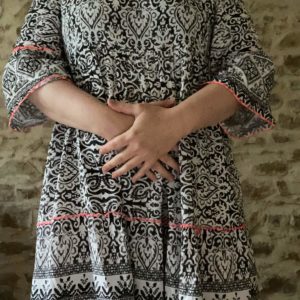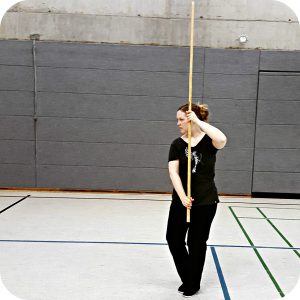Choosing the Right Taijiquan Teacher: Cultural Stereotypes vs. Life Experience
Recently during a Taijiquan class, I heard this statement from a fellow student.
“I only learn from Asian teachers. Their bodies are built differently.”
It stopped me in my tracks. And I wondered: Is ethnicity important when choosing a Taijiquan teacher?
Breaking Down Stereotypes
I think the belief that Asian teachers are automatically better at Taijiquan is idealizing certain teachers. Yes, Taijiquan is originally from China. But being good at teaching Taijiquan is not about ethnicity. It’s more about depth of knowledge, years of training, and the ability to connect with students.
Instead of focusing on ethnicity or heritage, I prefer this quote from one of my teachers:
“Knowledge is more important than lineage.”
— Howard Choy
This quote captures what I believe to be at the core of meaningful Taijiquan instruction: not where a teacher comes from, but how skillfully they teach and how effectively they share their knowledge.
There are many Asian and Western teachers who have studied extensively under all kinds of Taijiquan masters. Passionate, skilled practitioners can come from any cultural background.
Are Bodies Really Built Differently?
Let’s unpack the second part of “I only learn from Asian teachers. Their bodies are built differently.”
We are all human. There is no special “Asian body” that gives someone magical abilities in Taijiquan. But we all go through life and make physical, emotional, and spiritual experiences.
The Overlooked Differences: Life Experience
It makes sense to look for a teacher whose physical experience mirrors yours more closely. Let me explain that with examples.
Maybe you have knee pain. Or an old injury. You might not find a teacher with exactly the same condition, but it is interesting to learn from teachers who talk about their pain points. Who share the adaptations they made to the form moves because of pain.
I value this kind of life experience and honesty a lot.
It’s even more obvious when it comes to hormones.

An older Chinese man may be an exceptional practitioner with the most impressive “Single Whip” posture. But he has no idea what it feels like to practice during menstruation.
When I am on my period, my body feels completely different. I have cramps. I am in pain. My mood is off.
On those days, I gravitate toward comforting movements like “waking the Qi” or “Cloud Hands”. Kicks, on the other hand, are far easier when I’m not bleeding.
Now that I’m going through perimenopause, my experience continues to shift. Brain fog makes it harder to remember forms. I am relearning sequences I used to know well. My body and brain are changing, and that impacts how I learn and practice.
That’s why I truly appreciate being in an environment where I feel safe to say, “I’m in pain today because I’m bleeding.” Especially when I visit a regular weekly class.
I’ve found this kind of supportive space more often when women are teaching—whether they’re Asian or Western. Sharing these real-life experiences brings a mutual understanding that feels refreshing and honest.
Cultural Authenticity vs. Effective Teaching
Another aspect when choosing a Taijiquan teaching is the teaching style.
Obviously, cultural authenticity is enriching. It’s wonderful to learn Taijiquan from a teacher who is deeply rooted in Chinese culture and who brings traditional perspectives into the classroom.
For example, there is the Chinese saying “steal with your eyes” — to watch and imitate the teacher without much verbal instruction. I like this idea — to simply watch someone else move. To “just watch” forces me to focus.
But authenticity shouldn’t come at the cost of clarity or connection.
Many of us in the West are used to asking questions. I want things explained. I want the teacher to say why and how something works. When (Asian) teachers maintain a silent, reserved approach, it can be frustrating. and even boring.
Personally, I like both approaches. I enjoy learning by watching closely, but I also appreciate a teacher who will clearly explain a movement or a concept.
I basically want the best of both worlds!

So let’s sum up:
What Really Matters in a Taijiquan Teacher
When choosing a Taijiquan teacher, what matters most to me is their ability to:
- Create a respectful, friendly, and fun learning environment
- Share their knowledge generously and clearly
- Explain both the how and why of techniques and applications
- Continue learning and improving their own skills
The best teacher for you is the one who supports your learning journey, respects your body, and helps you grow — no matter where they come from.
If you’d like to explore more about the different teaching styles I’ve experienced through various trial classes, you can read more about it in this article (and you don’t want to miss the comments!):
My oddest experiences in trial Qi Gong and Taijiquan classes
